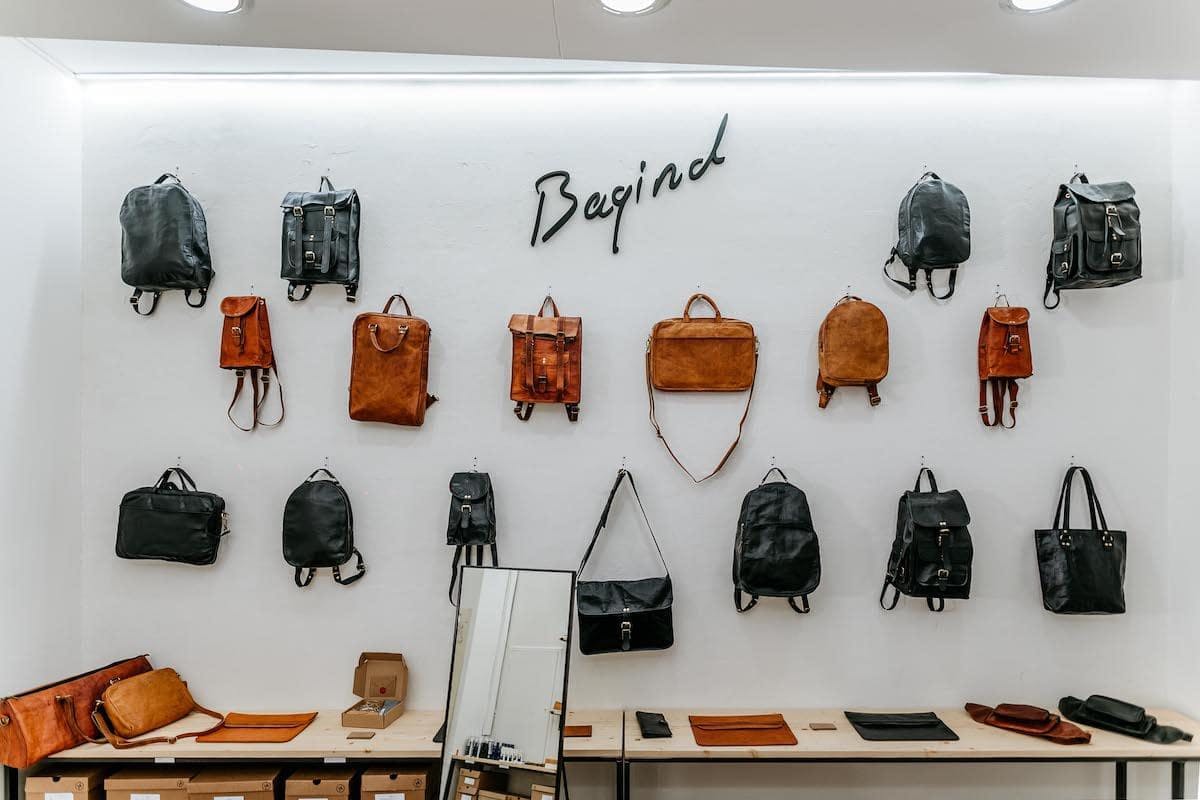Bagind goes global, wants to use marketplaces


Czech online stores are increasingly choosing a shorter route to customers through marketplaces, not only to those in the Czech Republic, but from all over the world. Lukáš Matějček, founder of Bagind, decided to take this step this summer, when he wants to take his brand on several of them. Amazon, Etsy, Emag, Kaufland and soon hopefully the oft-mentioned Allegro will help him get his leather accessories to customers all over the world. “I see a future in marketplaces,” he says.
Online marketplaces are an easy way for retailers to quickly and easily diversify their sales channels while reaching customers that would normally be difficult or impossible to reach. The business model of marketplaces is based on offering products from different sellers, so the operators themselves only facilitate sales to partner merchants without the need to have their own stock. At the same time, for many sellers, selling through an online marketplace is the easiest way to expand their products across borders.
“Marketplace is now one of the best ways for us to expand outside the Czech Republic and Slovakia,” said Václav Staněk, co-owner of Bagind and founder of Vasky. “The goal is to see if our products are also interesting for foreign customers. We don’t want to make rush moves in the form of a big campaign to enter other markets,” he added.
The investment associated with launching sales abroad through a marketplace is much lower than if a merchant were to expand directly with its own online store. In addition, the marketplace will also provide the necessary marketing promotion and, thanks to its own strong brand, sufficient trust in the eyes of potential customers from the outset. Currently, approximately one third of Czech merchants sell on marketplaces and the vast majority of those who are not yet active on any online marketplace plan to start using it actively within a year at most.
Marketplace as a future
Online marketplaces are home to roughly 3 billion visitors a month, with up to 63% of them saying they always check the price of an item first on Amazon, long the most visited marketplace, before making a final purchase. According to Matějček, the entry of marketplaces will connect e-commerce across the world. At that point, brands will be competing with each other that have not been competing before and that local customers have not known until now. The main role will no longer be played by the brand, but by the product, and how it compares to others.
“The Czech customer is not yet so used to shopping in marketplaces, but it is only a matter of time before he learns to do so. We don’t want to miss the train. We plan to build our market position from the beginning. So as soon as we learned about the entry of another strong marketplace, Allegro, into the Czech market, we started taking steps to offer our products there in the coming months,” Matějček concluded.
Fulfilment also helps with expansion beyond borders
The transition to foreign markets also involved other steps for Bagind. Until now, the company has had its warehouse on the edge of Ostrava, where part of the company’s management is based. Now, however, because of the logistical complexity, it is moving its stock under the fulfillment company Skladon, from whose distribution center the products will go directly to the hands of end customers.
“Entering the marketplaces also brings with it increased demands on logistics. As soon as a company starts to do well in a foreign market, it will also have to adapt its warehouse space, equipment and processes to the higher volume of orders, which is very demanding not only in terms of time but also financially. At Skladon, we have been working with a number of clients selling on marketplaces since 2016, so during individual consultations we work together to come up with the ideal solution for each market, selecting the most suitable carriers and their specific products. Many merchants do not even know at first that a fulfillment partner can help them with their expansion,” adds Konstantin Margaretis, CEO and co-founder of Skladon.
